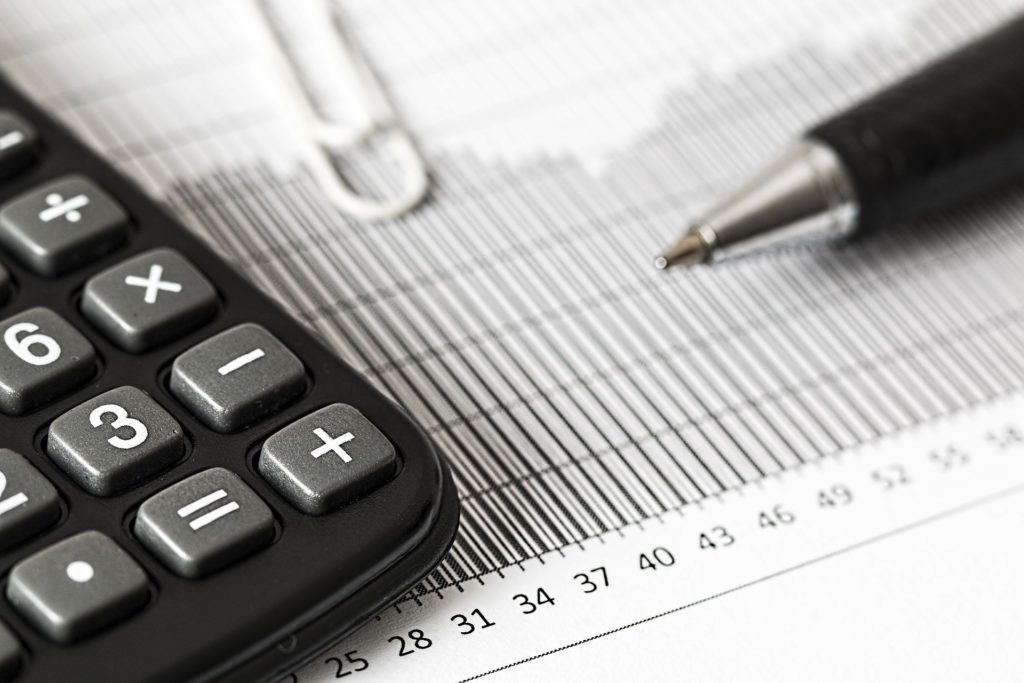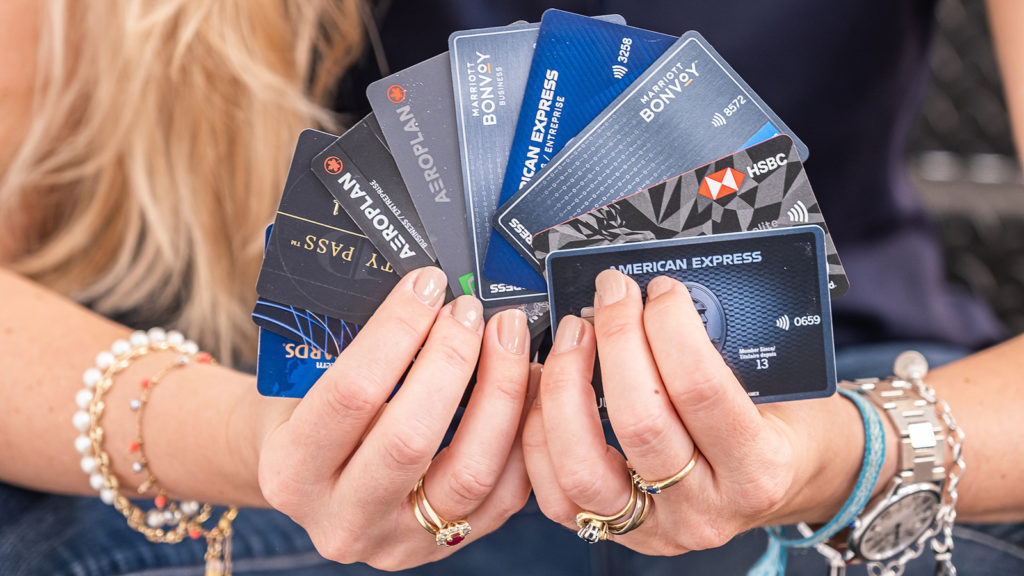Travelling isn’t free. However, travel hacking makes the bill much less painful.
The travel hacking is the practice of using points and miles accumulated in various loyalty programs to travel while saving money.
So it’s not, as its name might suggest, something illegal. But to get the most out of travel hackingyou need to understand the basic rules so that you too can become a true travel hacker.
Travel Hacking - The travel hacker defines his goals
Being a travel hacker means setting goals!
You don’t start collecting points without a specific goal(s):
- Is it an all-inclusive trip or Disney World?
- A mini round-the world trip?
- A trip to Asia with multiple hotels?
- Simply save money with cash back?
Once the objectives have been defined, the learning process begins.
Travel Hacking - The travel hacker learns every day
The web provides numerous English resources on the subject of travel hacking.
Milesopedia has been the ONLY reliable French-Canadian source of information on the subject since 2015. And best of all, milesopedia has the largest community of travel hackers in Canada via its Facebook group!
So you’ve come to the right place to learn more about each of Canada’s loyalty programs! To do this, we recommend you start with the beginner’s guide, and in particular the numerous articles identified by subject.
Travel Hacking - The travel hacker identifies his expenses for the year
Being a travel hacker means planning ahead for your personal (and/or business) expenses for the coming year.
We all have different lives, however there are annual fees that join :
- each and every one of us (groceries, electricity, cell phones, internet, gas)
- or most of us(municipal taxes, school taxes, insurance, tuition fees, daycare, renovations, dentist, car purchase…)
Here’s an article packed with tips to help you improve your point earnings.

Travel Hacking - The travel hacker calculates the profitability of his travel hacking
Being a travel hacker means knowing how to calculate.
There are many credit cards available with no annual fee. But are they really advantageous?
Many credit cards with an annual fee of $120, $399 or even $699 will allow the travel hacker to save far more on his travels… than those who swear by the no-fee option. However, many of them offer promotions during the year, with the first year free of charge.

A family of travel hackers like ours (10 years of practice…) can rack up $2,000 in credit card subscriptions in a year. But these will save us $5,000 – $10,000 or even $20,000 on our family trips this year!
A card that costs $120, but saves you money on 4 to 15 hotel nights a year, isn’t that interesting?
For us, the “annual fee” line on a credit card is more like “travel expenses”. We prefer profitability.
Travel Hacking - The travel hacker strategizes
Being a travel hacker means having a game plan.
The game plan will be much easier once :
- the objectives are set
- the main rules of the program in question are understood
- monthly/annual expenses will have been identified
- the credit cards needed to achieve the objectives will have been listed
At that point, the game plan becomes crystal clear:
- I want two Montreal – Magdalen Islands round-trip plane tickets
- According to my research on Air Canada, it costs 20,000 points per person, so I need about 40,000 Aeroplan points.
- I checked that there was availability on several of the dates we were considering.
- I estimated that my expenses would be $1,000 per month for the next 6 months.
- The TD® Aeroplan® Visa Infinite* Card offers 50,000 Aeroplan points as a welcome bonus after a certain amount of spending.
- I sign up for the card and make the required purchases on time.
- I receive the points and book my flight on the Air Canada website
Travel Hacking - The travel hacker resists temptation
Being a travel hacker means being responsible for your personal finances.
To become a travel hacker (and, more importantly, to stay one for many years), you don’t go into credit card debt.
This is the golden rule of travel hacking. Everyone must go at their own pace.
If you can only spend $500 a month on a credit card (and pay it off in full every month), you shouldn’t sign up for a credit card that asks you to spend $5,000 in 3 months when you can’t afford to.
Similarly, we avoid deviating from our game plan by subscribing to any offer that comes along.
Travel hacking is a marathon, not a sprint!

Travel Hacking - The travel hacker shares his knowledge with the community
Being a travel hacker means helping budding travel hackers!
By reading and learning, you too can become an expert in loyalty programs and share your knowledge with the community.

Travel Hacking - The travel hacker keeps a low profile
Being a travel hacker means being discreet.
Anything that might arouse suspicion of an abnormal attitude risks putting an end to an advantage that the travel hacking community uses!
For example, you don’t sign up for a credit card and cancel it immediately after receiving the welcome bonus. Normally, credit cards are kept for a year, and their usefulness is re-evaluated at renewal time.
Some cards are worth keeping for the benefits they bring, while others can be cancelled.
Or you don’t call your credit card issuer if you haven’t yet received the bonus you were promised… even though you know you may not be entitled to it!
But above all, when a flaw seems obvious, we don’t shout it from the rooftops.

Bottom Line
You don’t have to earn 6 figures a year or spend thousands of dollars a month to become a travel hacker. Just be smarter than the rest.
Are you interested in travel hacking? Join Canada’s travel hacking Facebook community!








